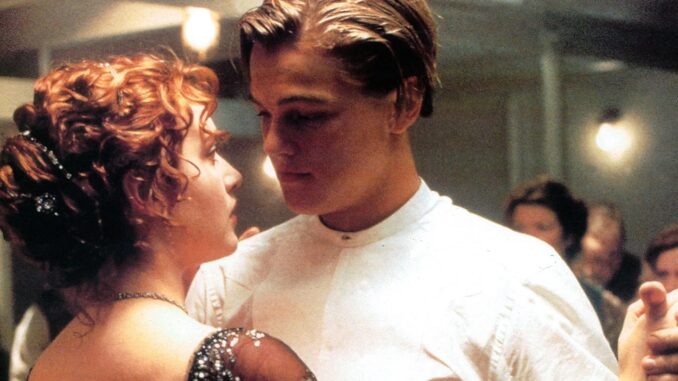
The Unsinkable Allure: Why Millennials Still Hold Titanic Close After 25 Years
Twenty-five years. A generation has passed since the iceberg shattered not just the unsinkable ship, but also shattered box office records and captivated the world with its romanticized tragedy. While subsequent disaster epics have come and gone, Titanic retains an almost mythic grip on the millennial generation. We, who were on the cusp of adolescence or just entering adulthood in 1997, hold a unique connection to James Cameron’s sweeping narrative, one that transcends mere nostalgia and delves into the heart of our coming-of-age anxieties, romantic ideals, and the comfort of a shared cultural touchstone.
Firstly, Titanic arrived at a pivotal moment for Millennials, a generation poised between the analog and digital worlds. We were old enough to experience the magic of a truly grand cinematic experience, unmarred by constant digital distractions. The sheer scale of Titanic, from the meticulously recreated ship to the devastating special effects, was breathtaking on the big screen. Before streaming services dominated, seeing Titanic in a theater was an event, a pilgrimage to a shared experience that fostered a sense of collective awe. This collective experience is a powerful force, binding us together through a shared memory of a movie that felt truly epic and transformative.
Beyond the spectacle, Titanic’s core narrative resonated deeply with the burgeoning romanticism of young Millennials. The forbidden love between Jack and Rose, a penniless artist and a stifled socialite, epitomized the rebellion against societal constraints that many of us yearned for. We were raised on fairy tales, but Titanic offered a more nuanced and emotionally resonant narrative. Jack wasn’t a prince, but his genuine spirit and willingness to sacrifice for Rose spoke to a desire for authenticity and emotional depth in relationships, qualities that often felt lacking in the superficial culture that surrounded us. His iconic line, "I'm flying, Jack!" resonated with our own burgeoning sense of self-discovery and the promise of a future unburdened by the limitations of the past.
Furthermore, Titanic offered a potent exploration of class dynamics that resonated with Millennials navigating the anxieties of a changing world. The stark contrast between the opulent luxury of the first-class passengers and the cramped quarters of the third-class immigrants highlighted the inequities of society. While the film's portrayal might be romanticized, it sparked a conversation about social justice and the inherent human value that transcends socioeconomic status. This theme continues to resonate today, as Millennials grapple with issues of income inequality and the complexities of a globalized world.
However, the enduring appeal of Titanic isn’t solely based on grand themes and romantic idealism. It also lies in the comfort of shared nostalgia. As we've aged and witnessed the complexities of adulthood, Titanic has become a familiar comfort blanket. Re-watching it evokes a sense of simpler times, a time before the burdens of mortgages, career pressures, and the constant barrage of digital noise. It allows us to momentarily escape into a world of grand gestures, tragic romance, and the assurance that love, even in the face of ultimate disaster, can leave an indelible mark.
In conclusion, Titanic’s enduring hold on Millennials is a complex tapestry woven from shared experiences, romantic ideals, and the comforting embrace of nostalgia. It arrived at a formative time, shaping our understanding of love, loss, and the complexities of social class. As we navigate the challenges of adulthood, Titanic remains a powerful reminder of the cinematic magic we experienced as young adults, a touchstone that connects us to a shared past and allows us to momentarily escape into a world of grand emotions and timeless tragedy. The ship may have sunk, but the allure of Titanic remains unsinkable for the Millennial generation.